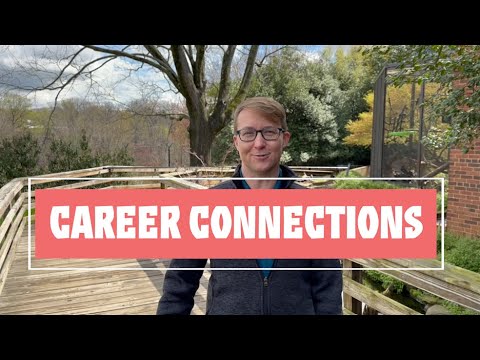– The role and responsibilities of a Zoo Educator
– The significance of zoo education programs in wildlife conservation
– Pathways to becoming a Zoo Educator
– Challenges faced by Zoo Educators and how to overcome them
– Future prospects and advancements in zoo education
Zoo educators are essential in bridging the gap between the public and the intricate world of zoology, wildlife conservation, and environmental stewardship. These professionals are pivotal in fostering an understanding and appreciation for wildlife, influencing positive changes in public attitudes toward conservation efforts. The career of a Zoo Educator is rewarding and demanding, requiring a unique blend of skills and knowledge.
### The Role and Responsibilities of a Zoo Educator
At its core, the role of a Zoo Educator involves designing and delivering educational programs that engage and inform various audiences about the wonders of the animal kingdom, conservation issues, and the role zoos play in protecting endangered species. These programs range from guided tours and workshops to interactive presentations and special wildlife encounters. A Zoo Educator wears many hats, acting as a teacher, storyteller, and conservation ambassador. They must possess a deep understanding of zoology, ecology, and environmental science and excellent communication and public speaking skills. This combination allows them to translate complex scientific concepts into accessible and engaging content for visitors of all ages.
### The Significance of Zoo Education Programs in Wildlife Conservation
Zoo education programs are crucial in wildlife conservation efforts. They raise awareness about the challenges facing wild populations and habitats, promoting conservation messages and encouraging visitors to adopt sustainable practices. By fostering a connection between people and wildlife, Zoo Educators play a pivotal role in inspiring the next generation of conservationists. These programs also support zoo conservation initiatives financially, as increased visitor engagement often leads to heightened support through donations, memberships, and volunteerism.
### Pathways to Becoming a Zoo Educator
To embark on a career as a Zoo Educator, individuals typically need a combination of education and experience. A bachelor’s degree in biology, zoology, environmental science, education, or a related field is often required. Hands-on experience is equally important; volunteering or interning at zoos, wildlife rehabilitation centers, or environmental education programs can provide invaluable experience. Additionally, professional development opportunities, such as certifications in environmental education or public speaking workshops, can enhance a candidate’s skills and employability. Passion for wildlife and conservation, patience, and adaptability are personal qualities that greatly benefit those in this role.
### Challenges Faced by Zoo Educators and How to Overcome Them
Zoo Educators face challenges, including keeping up with the latest scientific research, managing large groups of diverse visitors, and addressing sensitive topics like endangered species and habitat destruction. To overcome these challenges, continuous learning and professional development are critical. Zoo Educators must stay informed about discoveries and conservation initiatives. They also need to refine their communication strategies to effectively engage different audiences, from school children to adults. Flexibility and creativity in program design can help address visitors’ diverse needs and interests.
### Future Prospects and Advancements in Zoo Education
The field of zoo education is evolving, with new technologies and methodologies enhancing how educators engage with the public. Interactive digital displays, virtual reality experiences, and online learning platforms are becoming more commonplace, expanding the reach and impact of zoo education programs. There is also a growing emphasis on inclusive programming that is accessible to people of all abilities and backgrounds. As global biodiversity continues to decline, the role of Zoo Educators in conservation and public engagement will become increasingly important. Those entering the field can look forward to a career that fosters public appreciation for wildlife and contributes to the broader goals of conservation and sustainability.
The career of a Zoo Educator offers a fulfilling opportunity to significantly impact wildlife conservation efforts and public education. By providing engaging and informative programs, Zoo Educators inspire action and foster a deeper appreciation for the natural world. The challenges inherent in this role are matched by the rewards of seeing individuals develop a newfound respect and love for animals and the environment. As the field grows and evolves, Zoo Educators will continue to be at the forefront of conservation education, shaping the attitudes and behaviors that will determine the future of our planet’s biodiversity.
*****
Source Description
Meet Kaden, a zoo educator who inspires us all to take action to protect wildlife and wild places. As part of their “unZOOsual” career, Kaden works in-front-of and behind the camera to create amazing educational content for viewers like you!
After watching, explore more videos, resources, and upcoming programs here: https://nationalzoo.si.edu/education/…

